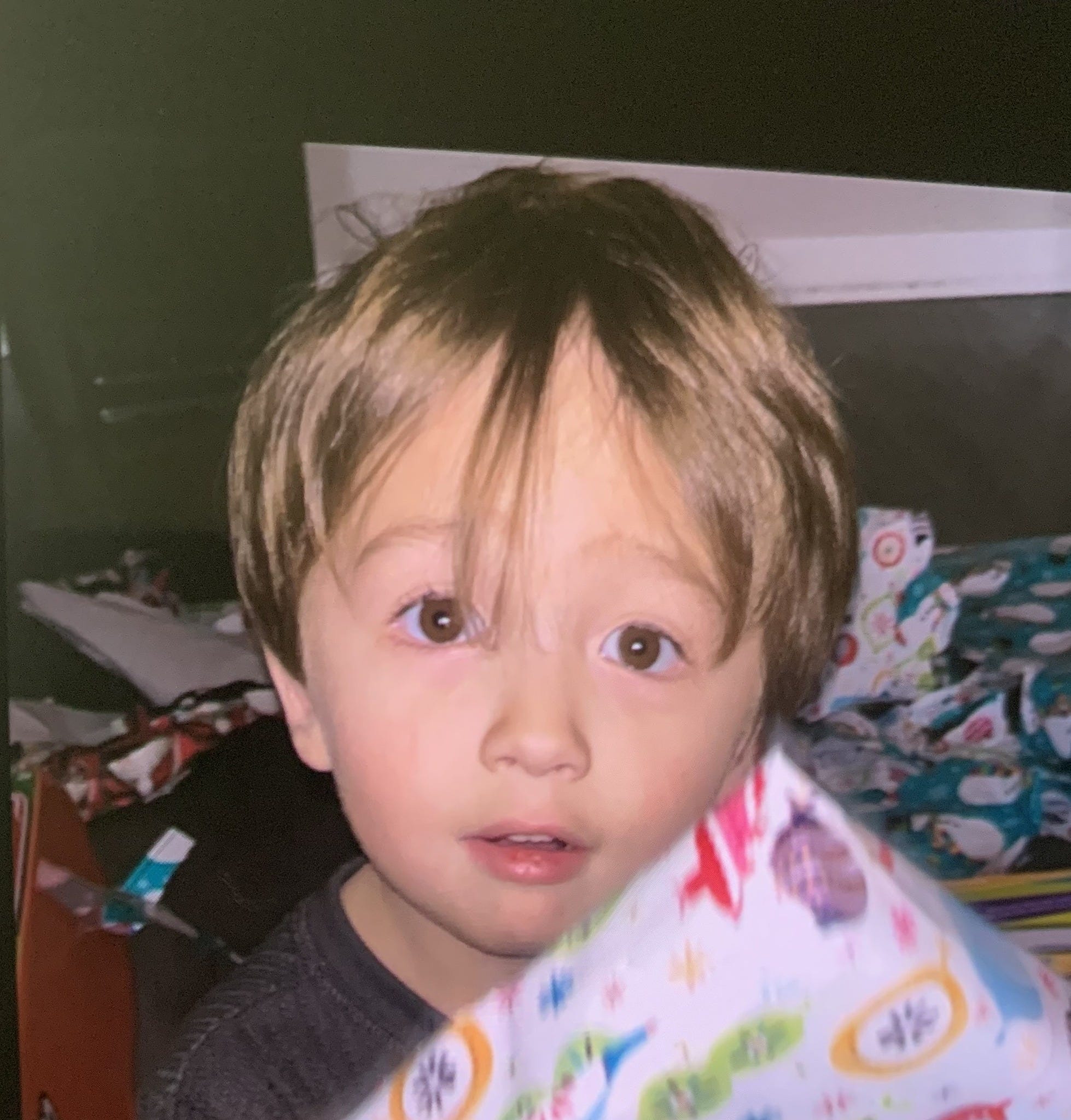Recently, the tragic story of a missing 3-year-old boy, Elijah Vue, has captivated the state of Wisconsin and broader audiences nationwide. Elijah, who was autistic, disappeared from his home in early February, prompting a massive search effort that mobilized local authorities, volunteers, and community members alike. The search highlighted not only the inherent vulnerabilities of children with autism but also ignited a collective response grounded in empathy and concern.
The discovery of Elijah’s remains is not just a somber conclusion to a distressing narrative; it also raises numerous questions about the systemic challenges faced by families of children with special needs. Autistic children, like Elijah, often possess unique traits that can complicate their interactions with the world around them. Their propensity to stray from familiar environments can lead to dangerous situations, making the need for immediate and effective community awareness even more critical.
What ignites the fascination surrounding such tragedies? It is perhaps a reflection of our collective fears and societal concerns about the safety of vulnerable populations. The plight of missing children has historically drawn significant media attention, shaping public consciousness and often leading to impassioned discussions about protective measures. In the case of Elijah Vue, the intersection of autism and public interest underscores a broader dialogue about understanding and supporting individuals with disabilities.
The resonance of Elijah’s story extends beyond mere headlines. It connects to the fabric of family life and parental anxiety, particularly among those raising children with autism. The harrowing reality is that families may often feel isolated in their struggles, longing for communal support and resources that enable them to safeguard their children. This narrative serves as a poignant reminder of the importance of fostering inclusive environments that not only accommodate but celebrate neurodiversity.
Moreover, the impact of Elijah’s disappearance and the ultimate revelation has sparked renewed discussions about local law enforcement approaches in dealing with missing persons cases, particularly concerning those who are neurodiverse. Protocols may need revision to enhance the efficacy of search efforts, integrating more nuanced strategies that recognize the unique behaviors of autistic individuals.
As communities process this profound loss, there is an imperative to channel grief into action. Advocating for enhanced community programs, support networks, and comprehensive training for first responders can better prepare us for future incidents. Ultimately, the devastation experienced in the wake of Elijah Vue’s passing serves as both a cautionary tale and a rallying cry for change—a call to action to protect the vulnerable and foster understanding in our societies.
